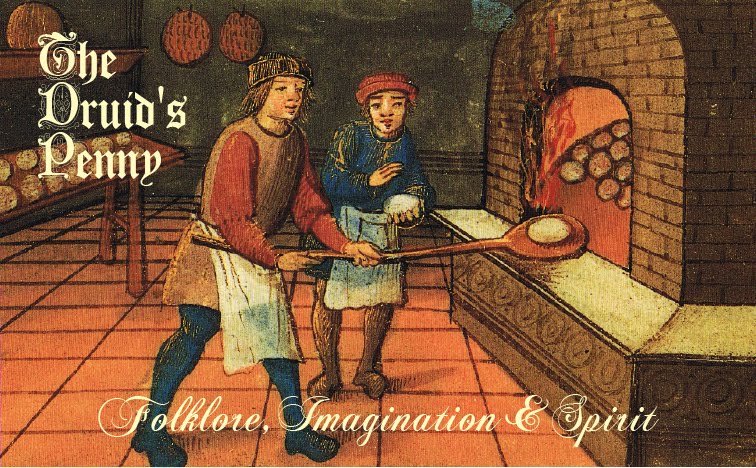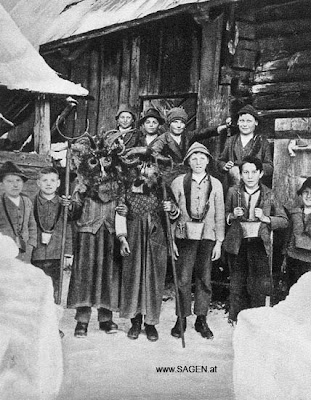The clock starts ticking today in earnest, counting down the days until both Yuletide and the Nativity. The floor in my bedroom is ripped up and my house is in chaos—the floor was supposed to have been down two weeks ago but one disaster led to another, including water leaks and missing parts. While other people put their decorations up over Thanksgiving weekend, we surveyed the damage.
With paint spattered hands, I took off an hour to go attend the little Lutheran church in town for the lighting of the advent wreath on Sunday morning. The list of "things to do" weighed heavily on my mind, but I "took the time" anyway. As if reading my thoughts, the young vicar (as I think of him) introduced his sermon by speaking about time and clocks. I couldn't tell you what liturgical point this lead him to because I fell in to my own advent reverie.
Many years ago I suggested taking a fast from light during advent on Midwinter's Eve. Shut off the lights! Enter the darkness. What would it feel like, I mused, to not only shut off the electric lights, but to turn the clock to the wall for a day? Two days? Several? How would we experience our life without the clock? What would happen to our body and our spirit during this holy season, if we turned away from the clock and back to the natural rhythm of the earth and sun? What would we notice. Would the daily sinking of the sun be more apparent to us? Would we become more aware of how it seems to walk the horizon instead of rising in to the sky? Would we be aware of the moment when its path changes direction and it begins to ascend back to the center of the sky?
Would the women, who always have "too much to do" in December, turn inward instead and savor the richness of this time of darkness and rebirth?
The moon was shining in the sky at ten in the morning on Sunday, reflecting but nearly hidden by the bright light of the sun. Even on the brightest day, the stars still shine above us, but we don't see them. The mystery of the night is hidden in plain sight, obscured by the bright light of our mundane lives. The clock and the light bulb obscure the message as December beckons us to follow her in to the dream time.





